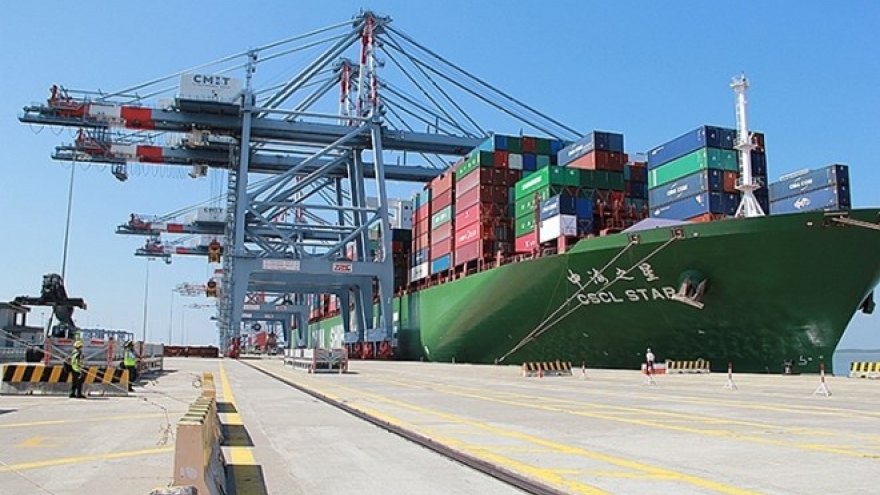A place on foreign supermarket shelves
Vietnamese enterprises should devote effort, time and money for quality improvement and marketing if they want their products seen and sold on foreign supermarket shelves.
 |
| Though Vietnam exports billions of dollars worth of agro-products a year, these products can hardly be seen at supermarkets in foreign countries Though Vietnam exports billions of dollars worth of agro-products a year, these products can hardly be seen at supermarkets in foreign countries - PHOTO: THANH HOA |
Nguyen Tien Dung, strategy director of Red Design and former director of Saigon Co.op high-end supermarket projects, said ODM and FOB are the easy ways for Vietnamese producers, as they do not have to spend much time doing market research but are still able to sell large volumes of goods. However, this mode of transaction also implies complete dependence on a retailer and the business may stop any time. They do not know what the retailer is doing with their goods as well as what the end-users need.
To reach out to the world
He advised that Vietnamese enterprises should set aside a big budget, as the cost for introducing goods into supermarkets and convenience stores in Singapore is very high, up to 35-40% of the value of a product. In addition, the rules there are very stringent.
To be able to compete with established brands, Co May has used beautiful, vacuumed packaging as a linchpin. “We have studied the market very carefully before launching a product. Our brand has been present in Singapore for only five years. We have to compete with those with 35 years in the market; so we must have high-quality product with innovative, catchy packaging,” Lee said.
According to Dung, enterprises content with the ODM can never reach out to the global market. More dangerously, they can lose on the home ground amid the massive inroad of international brands. “What they have to do now, and they have no other choice, is to penetrate foreign markets, as Co May has done,” he said.
If enterprises have no experience in this endeavor, they can go through distributors with cooperation contracts over three to five years to get experience and understand the market. What counts is that they must have a clear objective and aim straight at end-users. When they grow stronger, they can work directly with retailers.
To have a position in negotiation with distributors and retailers, Dung stressed that enterprises must be strong on the home ground. They must become an international brand right in Vietnam. In particular, it needs investment in technology to give added value to the products and meet diverse market demands.
Enterprises should also do the marketing seriously, studying consumer habits and consumption trends and setting aside funds for marketing. Brand building and packaging also need attention. “In many cases, enterprises have to pay high fees to use the services of professional foreign firms,” he said.
Cooperation
Dung stressed that enterprises can cooperate with each other in foreign market penetration. This is a way to share fees for various jobs like market study, transport and bidding. “Vietnamese enterprises should open their hearts for cooperation, instead of keeping to themselves for fear of disclosure of business secrets or loss of customers.”
An export executive of a Thai supermarket chain said his chain once exported a shipment of Vietnamese coconuts to Thailand. The fruit was in excellent conditions, both in appearance and quality, while in Vietnam. However, its quality got worse upon reaching Thai supermarket shelves after two days stored in a bonded warehouse and several days of riverway transport to Thailand. “The Vietnamese Government should give customs support to shorten the clearance time for goods,” he said.
According to Dung, it’s easy to solve this weak point in the supply chain of Vietnam. He said the Government should set up movable bonded warehouses in agro-product farming areas as a way to speed up the clearance time as fast as possible. In addition, it should have policies on supporting Vietnamese enterprises’ trade promotion in foreign markets as neighboring countries have done.


